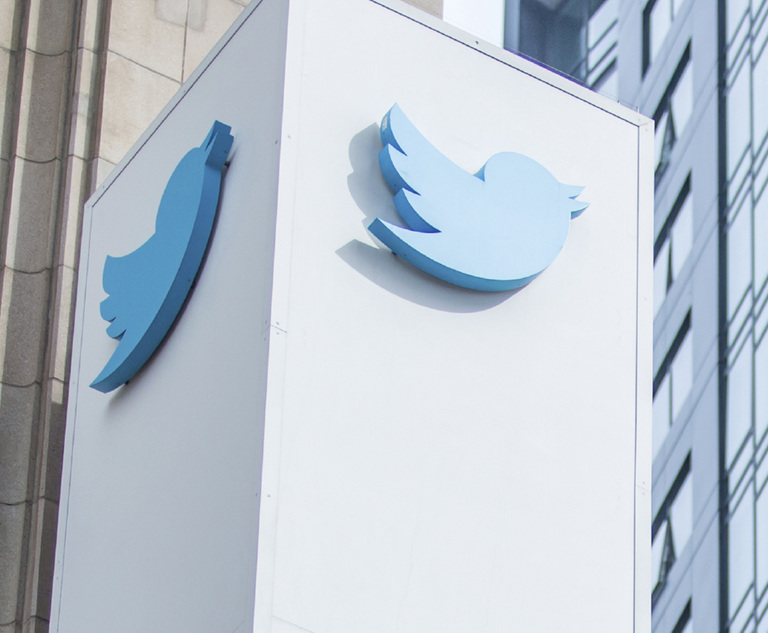As exemplified by the Twitter account of former President Donald Trump, social media has revolutionized communication between prominent figures and the public, allowing the prominent to speak directly to tens of millions of people—and allowing those tens of millions to talk back. But when those prominent speakers are government officials, the Constitution can intrude into this back-and-forth, limiting the speakers’ control over their social media channels.
Most notably, the First Amendment may limit the extent to which government officials can block from their accounts members of the public who post comments critical of the officials. Social media blocking is burgeoning—at the NYCLU we now receive many complaints about this practice every month—and the federal appellate courts are just starting to grapple with the constitutional issues it raises. Two years ago, the U.S. Supreme Court chose not to take up social media blocking in a case involving Trump coming out of the U.S. Court of Appeals for the Second Circuit, leaving the lower courts to sort out the emerging issues. But last month the court finally decided to enter the fray, announcing it would hear two cases where the Sixth and Ninth Circuits adopted different approaches, each using the Second Circuit case as an important benchmark.


 Twitter headquarters, located at1355 Market St, Suite 900 San Francisco, CA 94103. Photo: Jason Doiy/ALM
Twitter headquarters, located at1355 Market St, Suite 900 San Francisco, CA 94103. Photo: Jason Doiy/ALM




